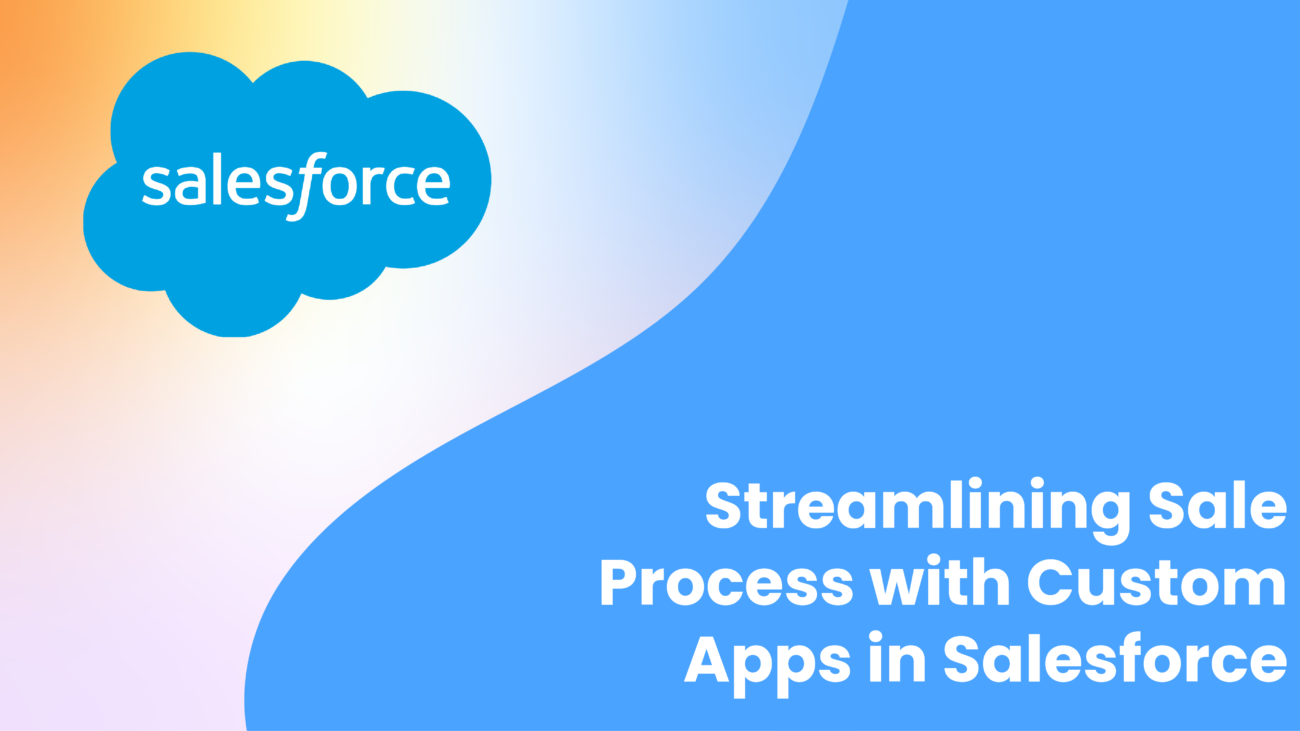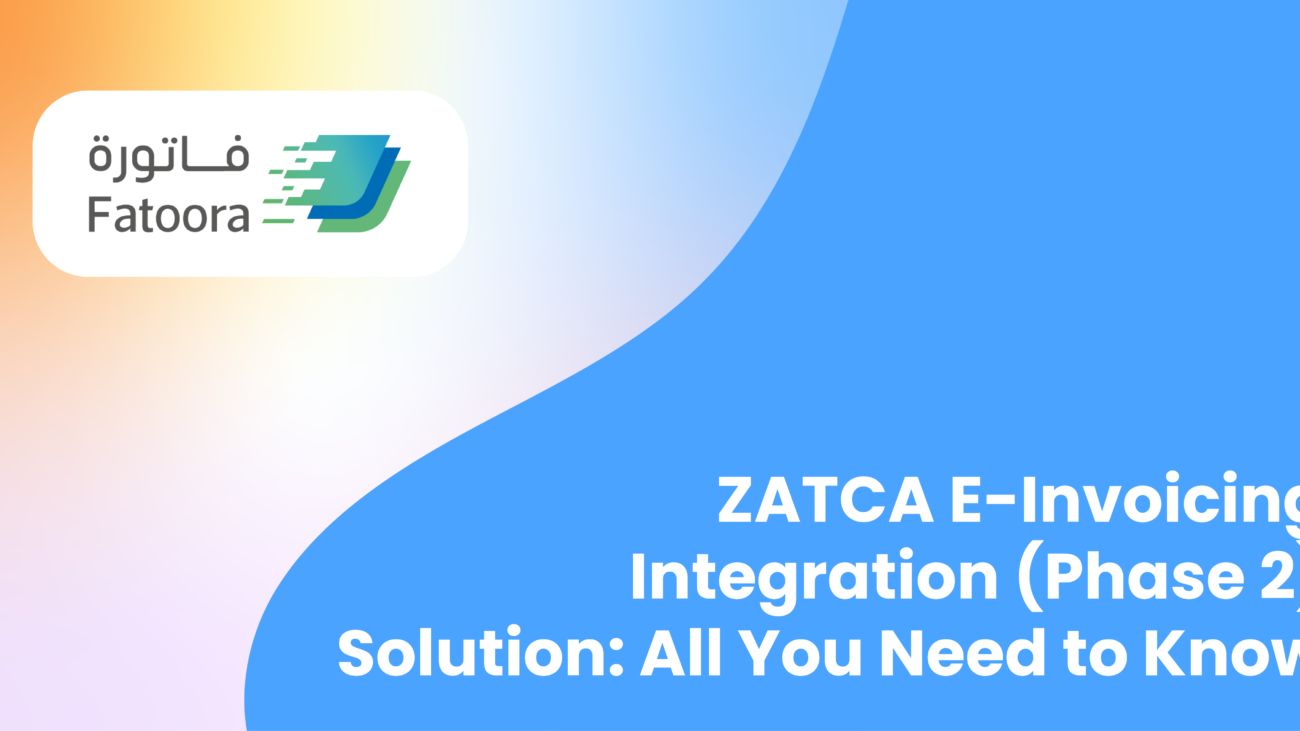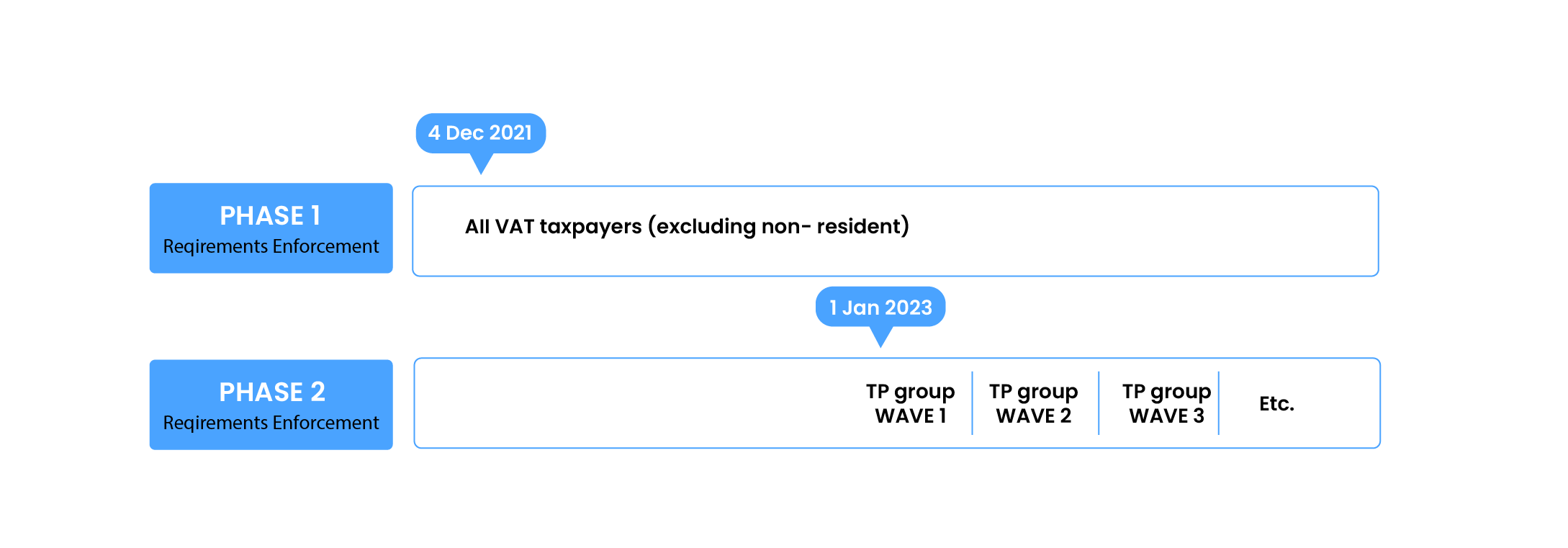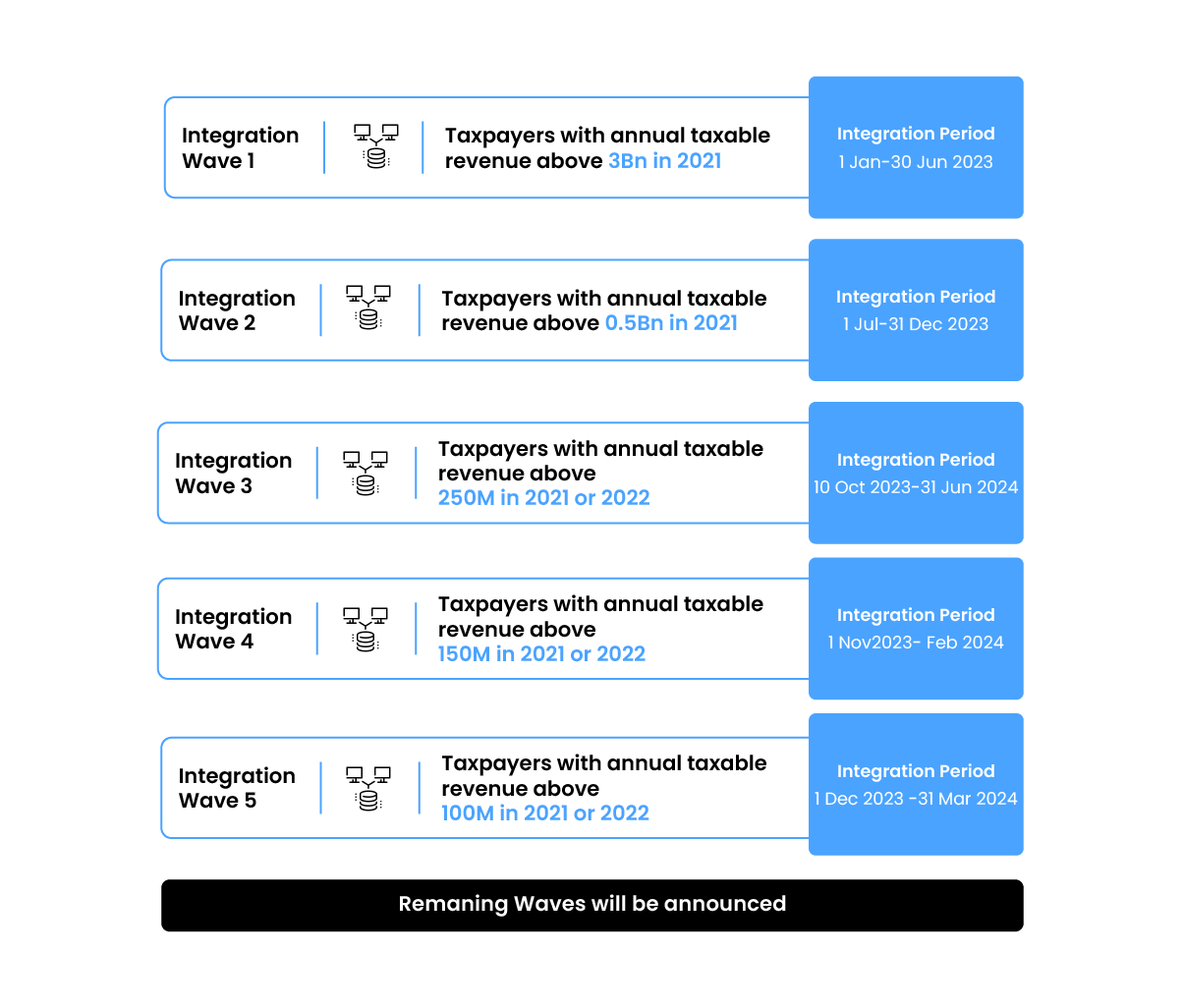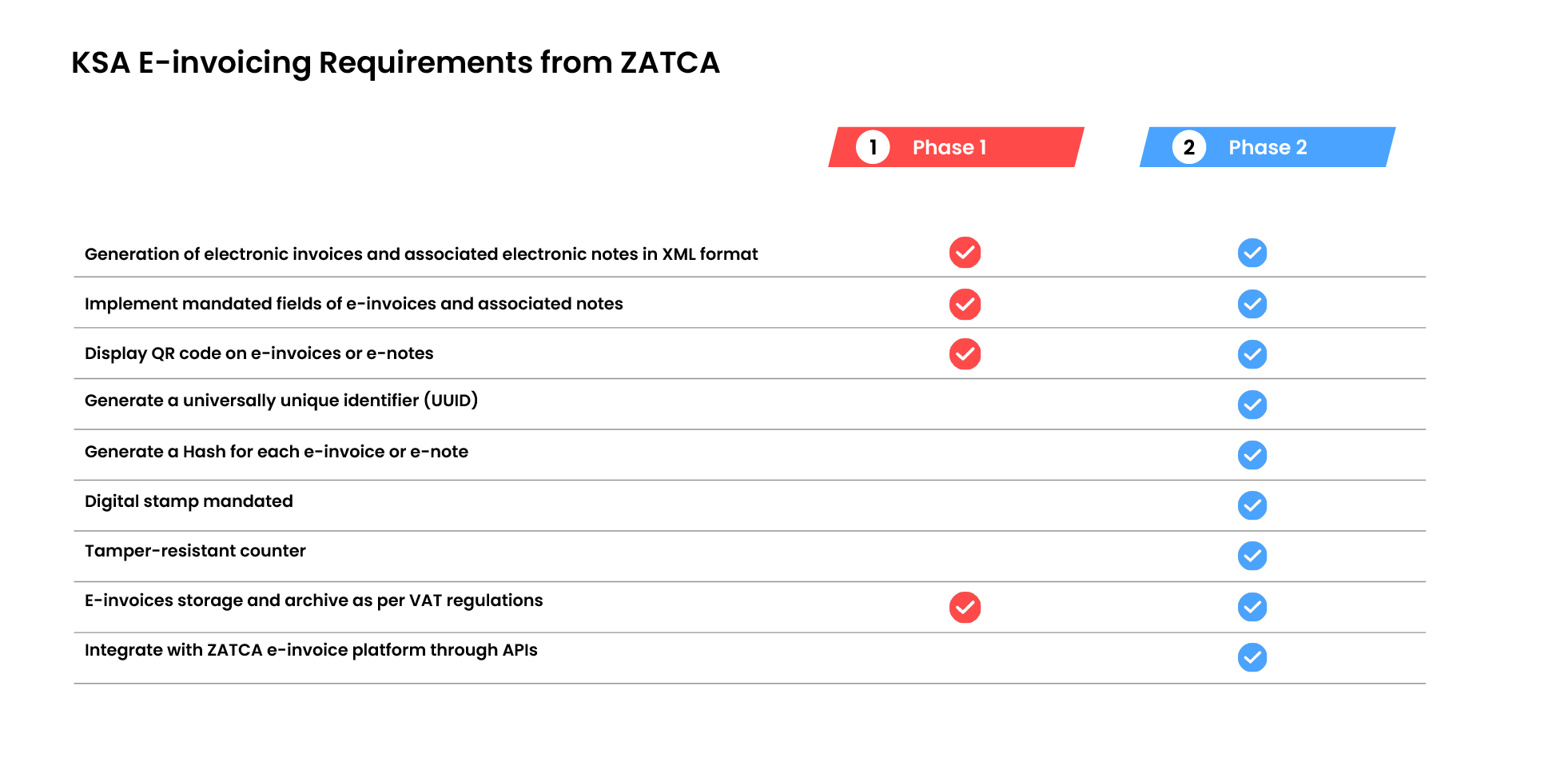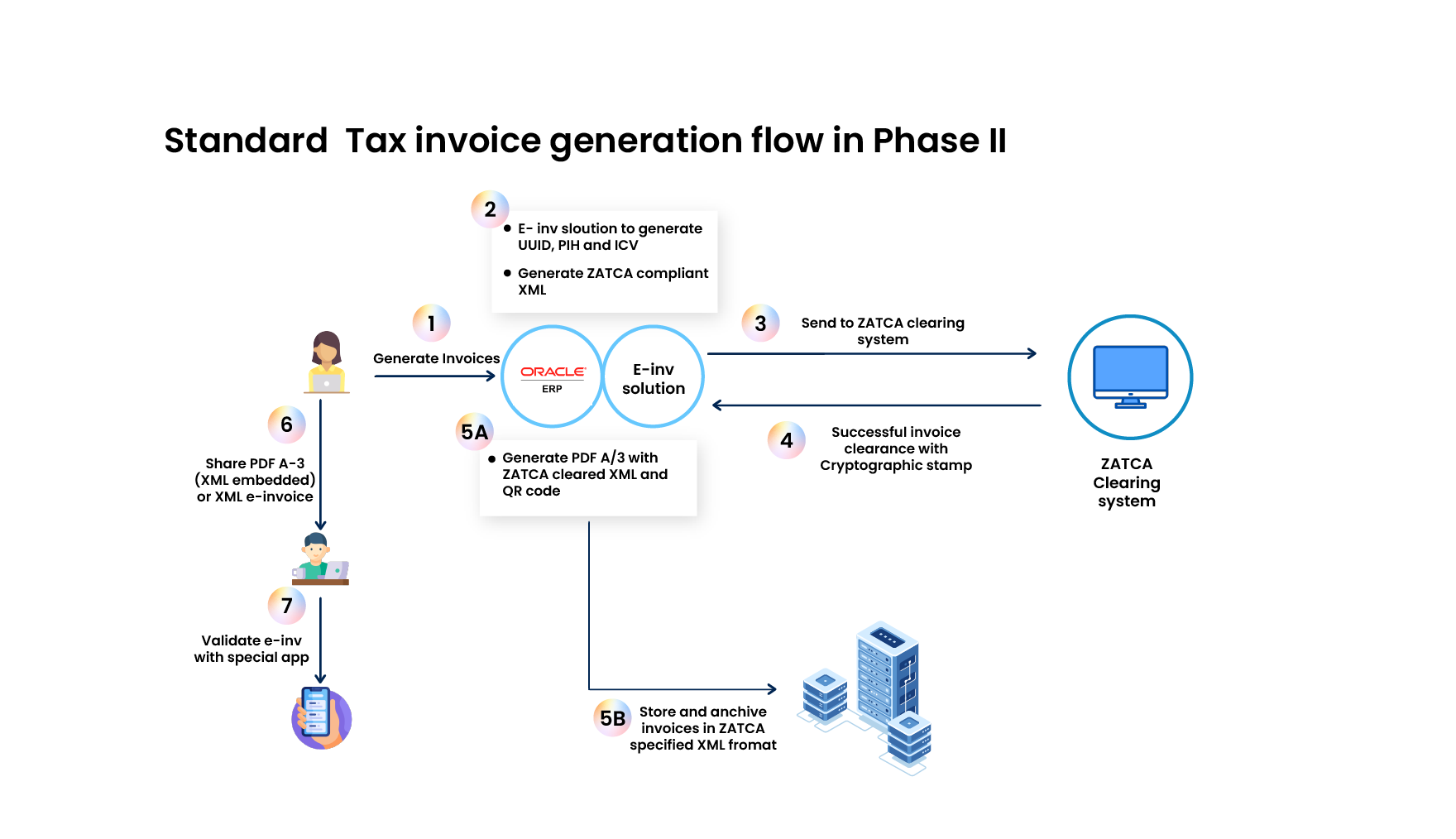Introduction:
In this case study, we will explore how a Waste Management Company utilized Salesforce’s Reporting feature to streamline their Waste Management processes, improve efficiency, to reduce environmental impact. The company sought to leverage data-driven insights through intelligent reporting to optimize their waste collection and disposal operations.
Client Background:
Client is a global Waste Management company headquartered in Dubai with operations across India, Middle East and Africa. They specialize in handling waste collection and disposal for residential, commercial, and industrial clients. With a diverse client base, they faced challenges in understanding the efficiency of their operational outputs. This was a major roadblock hindering them from showcasing their contribution to environmental damage reduction. They were devoid of necessary insights required to improvise their current operations.
Objective:
Client aimed to enhance their Waste Management practices using data insights about their Process outputs. The primary objective was to:
- Optimize Waste Collection Operations: Utilize data insights to optimize waste collection routes for efficiency and reduce fuel consumption and carbon emissions.
- Compliance Monitoring: Ensure compliance with environmental regulations and track key performance indicators related to waste management.
Solution:
- ECS Salesforce experts built custom Intelligent Reports on Salesforce using Dynamic Search feature to collect, aggregate, and analyze data from various sources, including global reports, customer feedback, and historical waste management records. These reports helped in:
- Waste Management Analysis: Data-driven reports that indicate the volume of waste collected and automatically calculate the corresponding credits to be awarded to client based on the Waste Resell value. These credits help to evaluate their clients w.r.t their contribution towards waste management.
- Environmental Impact Analysis: Advanced reports that fetch waste conversion related data dynamically and automatically indicate the impact on environment damage control. For eg: 1000 tonnes of waste collected would be equivalent to 100 trees saved, based on global data factors / indicators related to waste resell, recycling factors, carbon emission etc.
- Customized Dashboards: We also created customized Dashboards within Salesforce that provide key stakeholders with real-time insights into the Company’s waste collection performance and compliance metrics.
- Enhanced File Sharing: We have enabled reports to be generated and exported in pdf format for easier collaboration and sharing within the team and stakeholders.

Results:
- Increased Operational Efficiency: The implementation of Intelligent Reporting has helped to derive deep insights about the operational outputs with better turnaround time.
- Enhanced Compliance Tracking: By leveraging intelligent reporting, the company could closely monitor compliance with environmental regulations, ensuring timely disposal of waste and adherence to legal requirements.
- Data-Driven Decision Making: The availability of real-time data and comprehensive reports empowered the management team to make informed decisions, leading to continuous process improvements.
Conclusion:
The Client successfully optimized their Waste Management processes using insights derived from Intelligent reporting and dynamic search feature implemented by ECS Salesforce team. By leveraging real-time data insights, the company achieved significant operational efficiencies and environmental benefits. This also provided a robust foundation for Data-driven Decision-making, leading to continuous improvements in their waste management practices and thus reinforcing their commitment to Sustainability and Environmental Responsibility.



